9 Books to Read in Times of Uncertainty
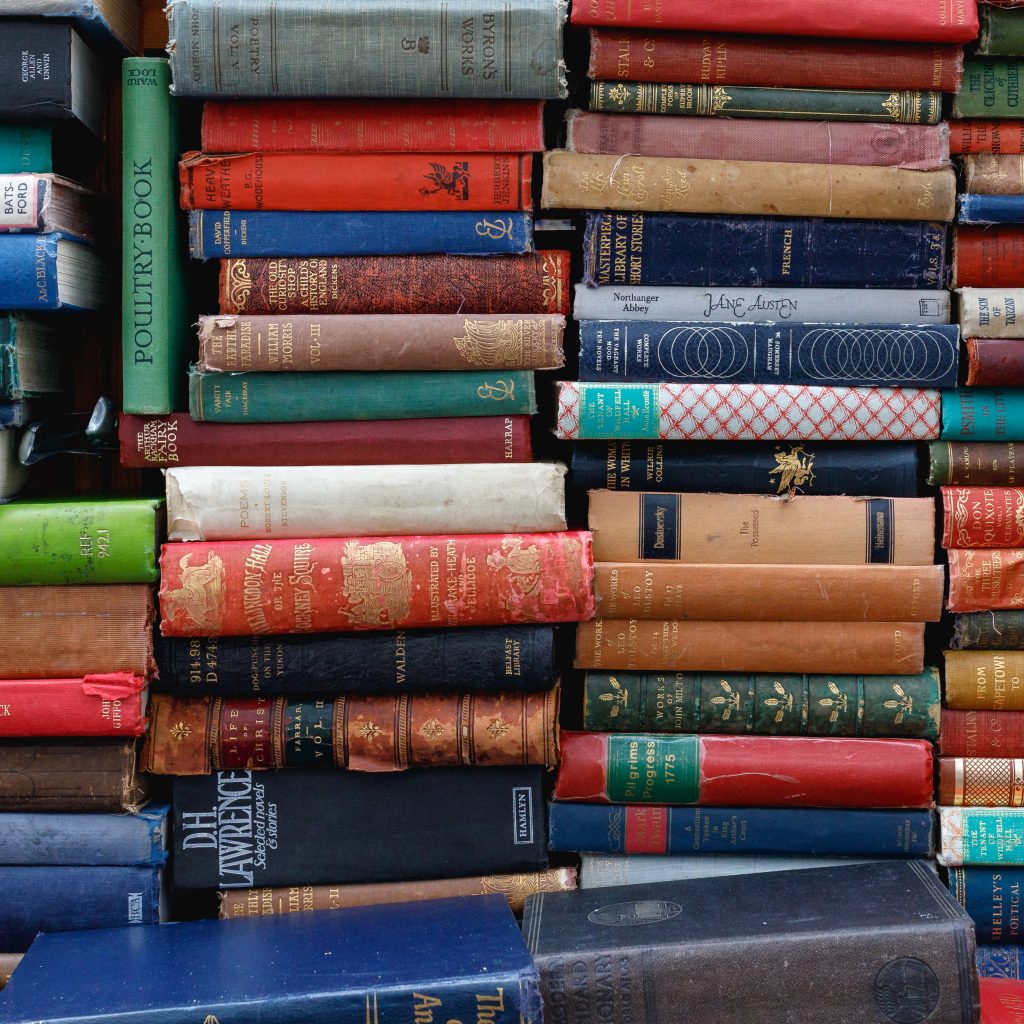
Between curfews and quarantines, you’ll probably have a lot more time on your hands than you’re used to. Rather than fritter that time away by stressing over the unknown or scrolling through ominous news headlines all day, why not take this time to enrich yourself and inspire your work in these times of uncertainty?
While you might think that you’ll get more done with this time – maybe get back into the workout routine you’ve been neglecting, or finally have the chance to repaint the living room – our minds like to play tricks on us in times of crisis. Some of us might default to self-sabotaging, negative storytelling, or fretting about the future. To escape this cognitive pit, it helps to get out of your own head and gain some perspective.
To help me get out of my head and get perspective, I’ve been taking wonder walks through the woods by my house, talking to my daughters and trying to see the world through their eyes, and doing lots of reading.
Below are 9 books I recommend, each for different reasons, to gain perspective in these times of uncertainty. They range from nonfiction books geared toward entrepreneurs to more philosophical books critiquing our culture, from politically charged personal essays to poetry collections. I invite you to watch the video for my interpretation of how these books apply to our current state of crisis, but I’ve summarized my takeaways in the text below as well.
Happy reading, and please comment with your thoughts on these texts, our times, or other literary suggestions!
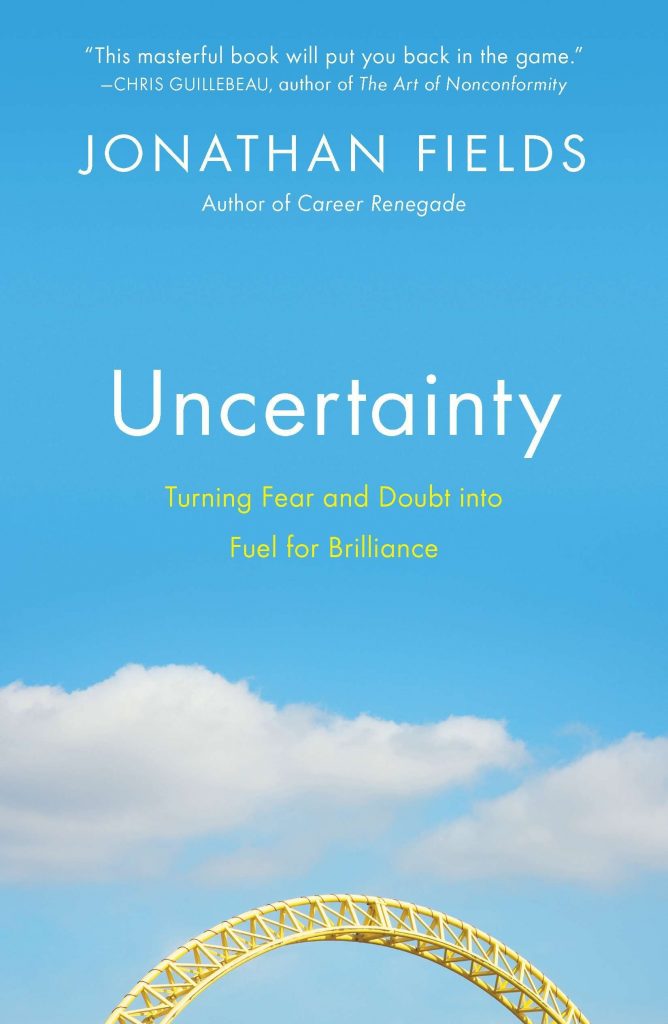
UNCERTAINTY: Turning Fear and Doubt into Fuel for Brilliance
By Jonathan Fields. Published by the Penguin Press.
In this powerful book, Jonathan Fields explores the power of uncertainty to fuel creativity and crack us open to new possibilities. Fields integrates personal reflection, some of the most definitive research in cognitive science, and interviews a slew of flourishing creatives and CEOs who repeatedly face risk to understand how fear, anxeity, and doubt all offer a profound opportunity to reshape our work. Best of all, he offers sound advice about crafting rituals and developing “certainty anchors” to help us navigate uncertainty.
Listen to Jonathan Fields on the Tracking Wonder Podcast.
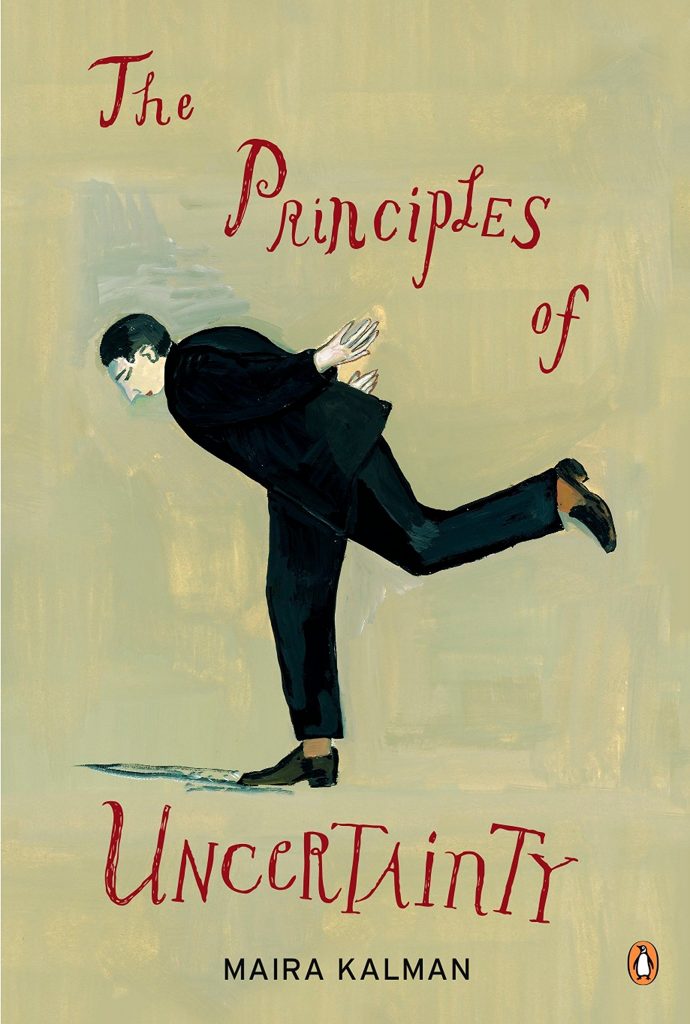
The Principles of Uncertainty
By Maira Kalman. Published by the Penguin Press.
This work by New York Times columnist, children’s book author, and illustrator Maira Kalman is a whimsical graphic memoir. The book is a seemingly random collection of Kalman’s writings and illustrations that weave together to paint a picture of her life, travels, and worldview. I highly recommend this book for light and uplifting reading to remind you that not all is fire and brimstone despite the widespread anxiety of our times.
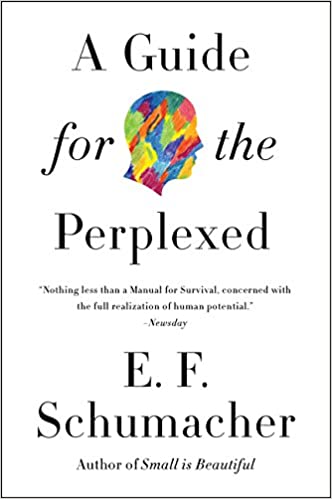
A Guide for the Perplexed
By E. F. Schumacher. Published by Harper Perennial Modern Thought.
From the Oxford-trained economist and author of the New York Times Best Seller Small is Beautiful, E. F. Schumacher, A Guide for the Perplexed navigates our cognitive terrain to examine how we relate to the world around us, and to one another. Schumacher explains how we are so much more than the materialistic creatures pop culture would have you believe us to be, and how even when faced with great adversity as we are now, we are driven to live a life of transcendence and meaning. Though this book was originally published in 1977, I believe Schumacher prescient observations hold true today.
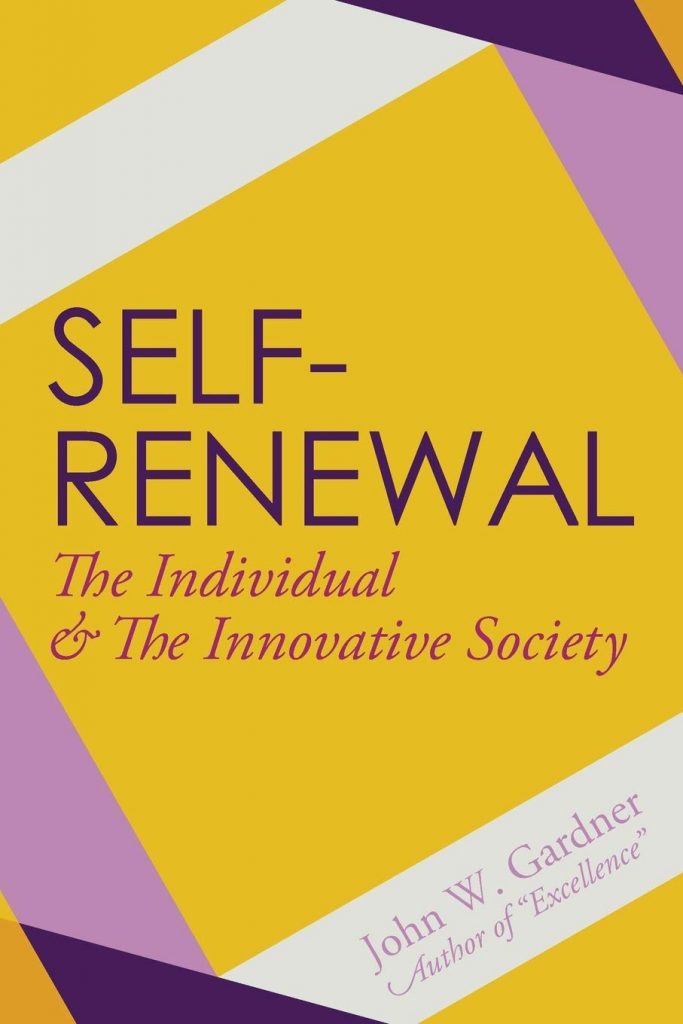
Self-Renewal – the Individual & the Innovative Society
By John W. Garnder. Published by W. W. Norton & Company.
Another oldie but goodie. Originally published in 1963, this profoundly introspective book originates from a more hopeful era of American history. Even in his time, John Gardner observed how busy Americans are and how after the age of 20 or so, we rarely afford ourselves time for true self-reflection and self-discovery. I suggest that we take a page out of Gardner’s book – if you’ll pardon the pun – and take advantage of this collective pause to challenge our assumptions, priorities, and values in order to do the deep and necessary work of self-renewal.
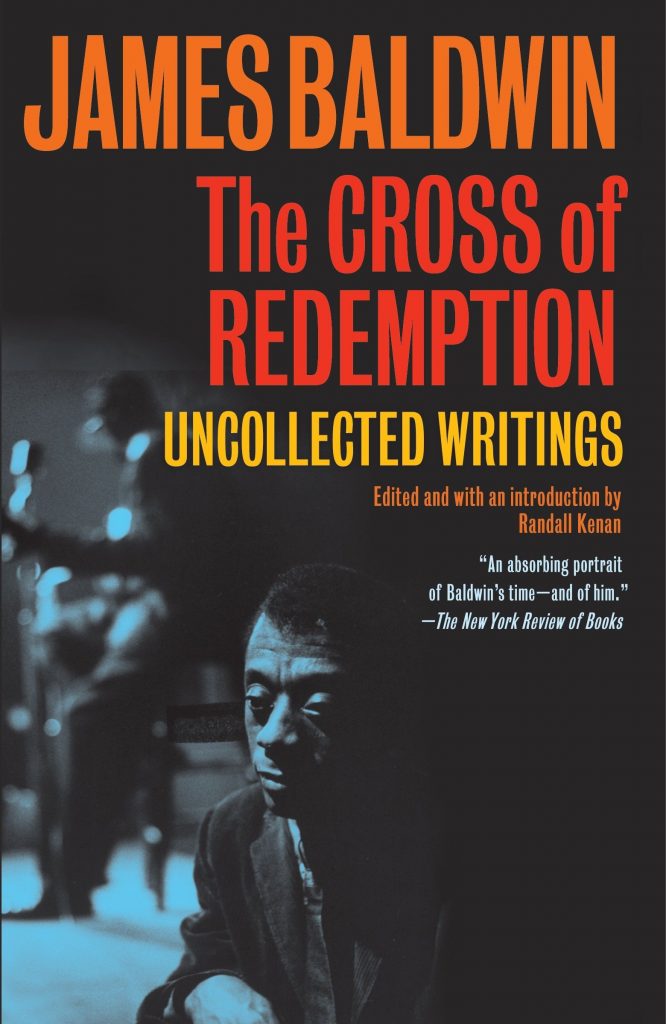
The Cross of Redemption: Uncollected Writings
By James Baldwin. Published by Pantheon Books.
This collection of James Baldwin’s potent and politically charged essays offers a welcome reminder that the issues surrounding race in America differ very little from those of 50 or 60 years ago. As such, it reminded me that not all Americans – or all people in the world for that matter – are experiencing this pandemic in the same way. Though it can be hard to think in terms of the collective good when we are all in isolation, it is essential that we remember the importance of universal care and support during these charged times.
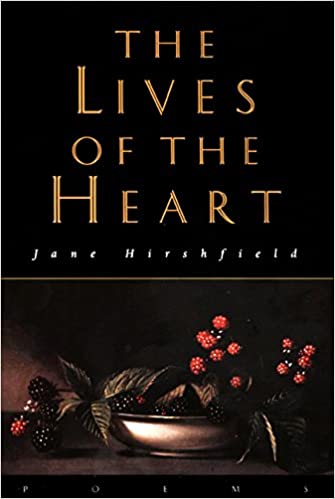
The Lives of the Heart: Poems
By Jane Hirshfield. Published by Harper Perennial.
It is in periods of crisis and change that I most often turn to poetry because it can give us language for the most complex and inexpressible emotions. Currently, I feel a convoluted mix of fear, worry, doubt, and yet, simultaneously, an expansiveness for our human spirit and what can prevail. I’m sure many of you are feeling similarly.
I come back to this collection of poetry again and again because Hirshfield writes beautifully about profound loss and emptiness, but also how we learn to fill ourselves up again.
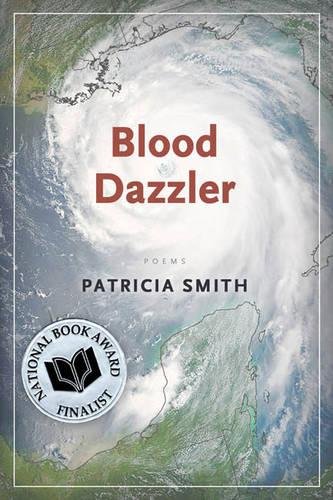
Blood Dazzler
By Patricia Smith. Published by Coffee House Press.
Blood Dazzler is another poetry collection, but in this book, Patricia Smith writes about a very real crisis. Smith assumes the perspective of Hurricane Katrina as it sweeps across New Orleans, as well as the points of view of those caught in the storm. Smith illustrates how the city’s residents might have experienced such devastation and loss, and shows how we can get outside of our own heads to look at what may seem to be a very personal experience, in a new light.
Solitude: In Pursuit of a Singular Life in a Crowded World
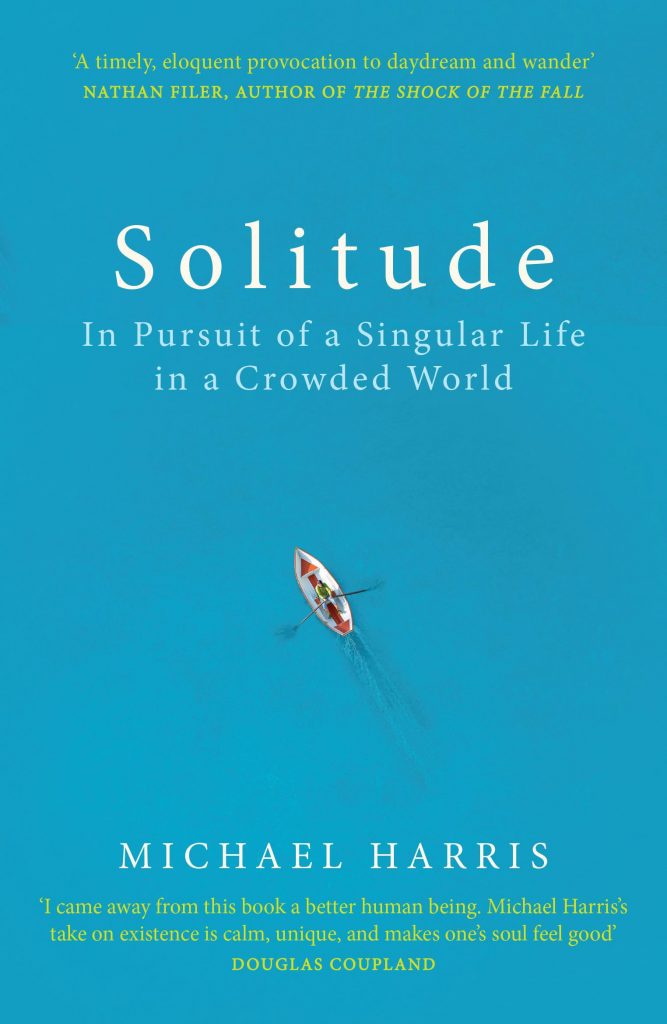
By Michael Harris. Published by St. Martin’s Press.
In today’s social media-obsessed, tech-fueled society, extroversion has become the norm. Even if you consider yourself an introvert, we live in such an Age of Distraction that most of us aren’t comfortable being left with nothing but our own thoughts. Harris discusses his personal journey in losing comfort with solitude, and offers a guide to becoming more comfortable with ourselves: to be alone without feeling lonely
The Art of Community: Seven Principles for Belonging
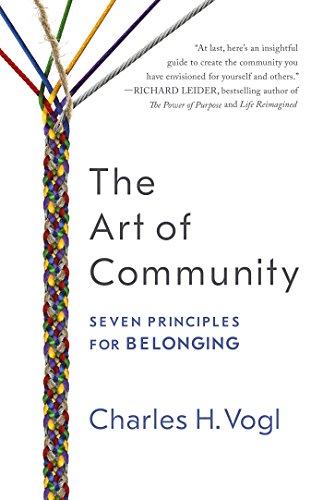
By Charles Vogl. Published by Berrett-Koehler Publishers.
Despite being in self-quarantine – or perhaps, because of this – I keep coming back to books on community. I interviewed Charles Vogle for the Tracking Wonder Podcast on how to grow enduring, effective, and connected communities in the digital age. Thanks to the miracles of modern technology, we can continue to engage our friends, family, and creative peers even from the comfort of our own homes. Perhaps this book can inspire you to expand your network, and engage with your community in new and innovative ways during this pandemic.
One Comment